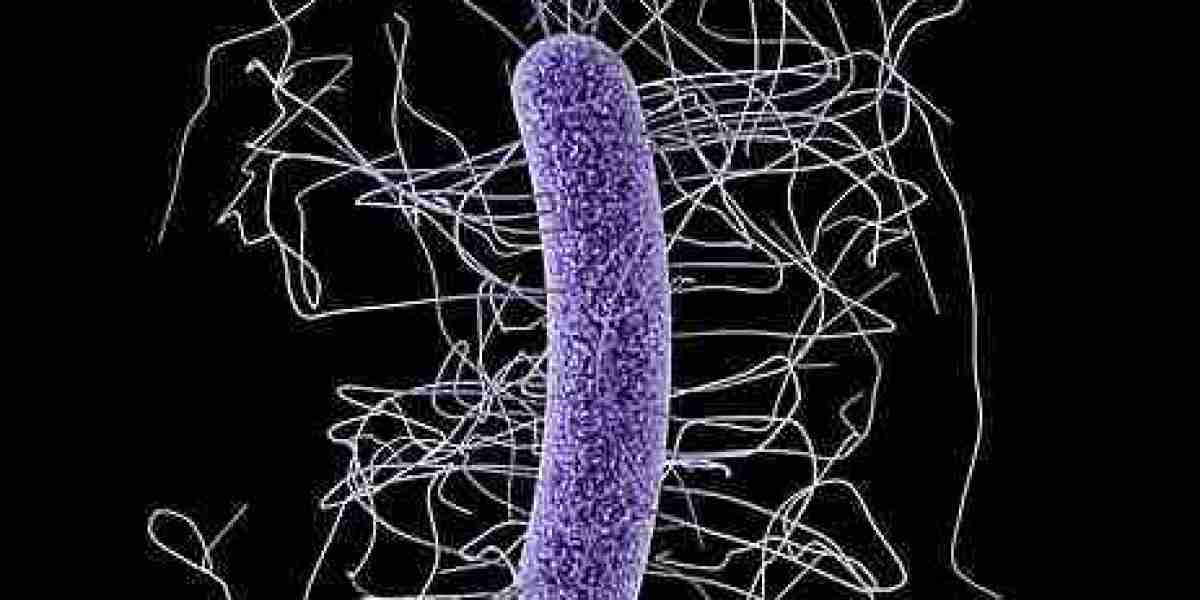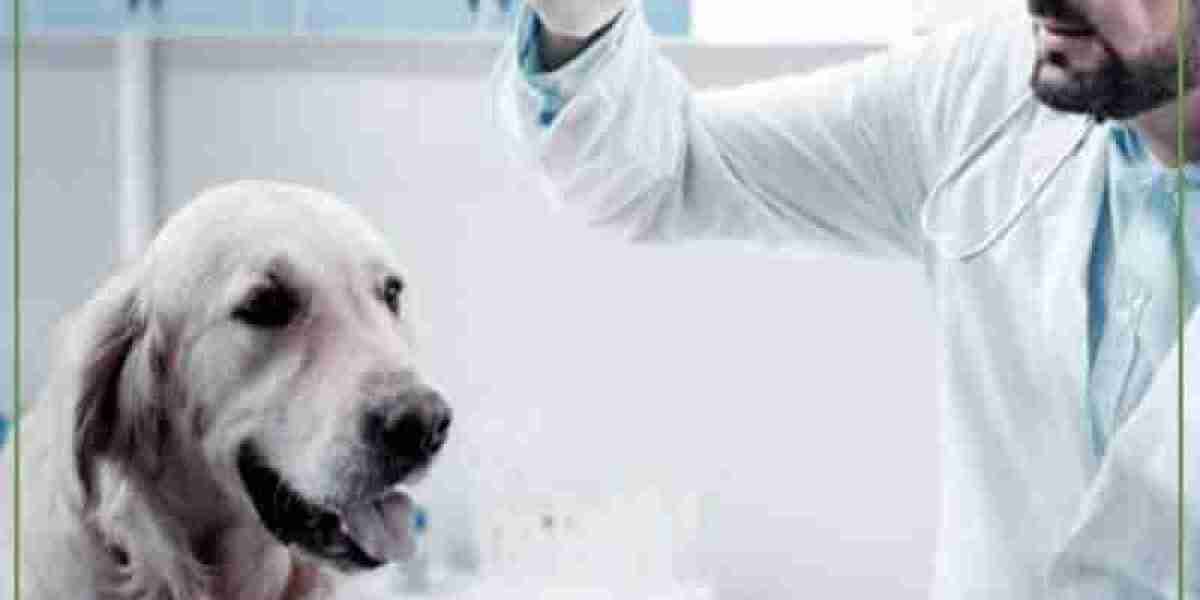Introduction
Clostridium difficile infection (CDI) remains one of the most challenging healthcare concerns, particularly in hospitals and long-term care facilities. This infection, characterized by severe diarrhea, colitis, and life-threatening complications, has traditionally been managed with antibiotics. However, while antibiotics offer short-term relief, they often fail to prevent recurrence because they disrupt the gut microbiome—a critical component of digestive health and immune balance. In response to this challenge, innovative treatment solutions have emerged, with REBYOTA standing out as a groundbreaking advancement in microbiome therapy. Approved by regulatory authorities and backed by robust clinical data, REBYOTA represents a new frontier in the prevention of recurrent CDI. This article delves into the science and market dynamics behind REBYOTA, highlighting its active ingredient, REBYOTA’s Mechanism of Action, clinical trials, sales performance, and the broader implications for microbiome-based therapies in the future.
For more in-depth insights on REBYOTA’s development and future potential, download the full report @ REBYOTA Market Report.
What is REBYOTA?
REBYOTA is a first-of-its-kind fecal microbiota therapy specifically developed to address recurrent CDI. Created by Ferring Pharmaceuticals and receiving FDA approval in 2022, REBYOTA was designed to restore the natural balance of bacteria in the colon rather than merely targeting the Clostridium difficile pathogen. Unlike traditional antibiotic treatments that can further compromise gut health, REBYOTA utilizes live microorganisms derived from rigorously screened donor stool samples. These live bacteria, which constitute the REBYOTA active ingredient, are processed into a rectal suspension that reintroduces a diverse microbial community into the patient’s gut. This approach not only helps in curbing the recurrence of CDI but also paves the way for safer, more sustainable treatment options in infectious disease management. By leveraging the inherent power of the microbiome, REBYOTA marks a paradigm shift in the treatment landscape for CDI.
REBYOTA Mechanism of Action (MOA)
At the heart of REBYOTA’s clinical success is its innovative mechanism of action. Unlike conventional therapies that focus solely on eradicating the pathogen, REBYOTA works by restoring gut homeostasis. The REBYOTA active ingredient consists of live microorganisms that, once introduced into the colon, work to re-establish a healthy bacterial community. This restoration is critical because a well-balanced microbiome naturally resists the colonization and proliferation of Clostridium difficile. REBYOTA’s Mechanism of Action hinges on outcompeting harmful bacteria by reintroducing beneficial strains that support digestive and immune functions. The therapy not only reduces the likelihood of CDI recurrence but also contributes to improved overall gut health. Through targeted microbiome restoration, patients experience a reduction in inflammation and a marked improvement in gastrointestinal function, setting the stage for a long-term solution in CDI management.
For more detailed insights and the latest updates on REBYOTA, visit the REBYOTA Market update.
Clinical Efficacy and Safety
The clinical data supporting REBYOTA is both compelling and encouraging. In pivotal Phase 3 clinical trials, patients treated with REBYOTA experienced a 70.6% success rate in preventing CDI recurrence at eight weeks post-treatment—a significant improvement over traditional antibiotic regimens. These REBYOTA Clinical Trials have demonstrated not only the efficacy of the therapy but also its favorable safety profile. Most adverse effects reported were mild and transient, such as abdominal discomfort and bloating, underscoring the tolerability of the treatment. The rigorous screening of donor stool and the stringent manufacturing processes employed ensure that the active microorganisms are safe and effective for therapeutic use. As a result, REBYOTA has emerged as a reliable and innovative option for patients who have experienced multiple episodes of CDI. This robust clinical performance reinforces the potential of microbiome restoration as a transformative approach in infectious disease management.
REBYOTA Cost and Accessibility
One of the pivotal considerations in adopting any new therapeutic solution is its cost and accessibility. REBYOTA is priced at approximately $9,000 per dose, reflecting the specialized processes involved in its production and the innovative nature of microbiome-based therapies. Although the upfront cost may seem significant compared to traditional antibiotics, the long-term benefits—such as reduced hospital readmissions and a decrease in complications—make it a cost-effective solution in the broader context of healthcare spending. Insurance providers have increasingly recognized the value of this treatment, with many now offering coverage for patients who meet the clinical criteria. Additionally, Ferring Pharmaceuticals has introduced financial assistance programs to help alleviate the economic burden for eligible patients. By ensuring that cost does not become a barrier, the accessibility of REBYOTA is expanding, promising broader adoption and improved patient outcomes.
For further insights and detailed research on this breakthrough treatment, visit REBYOTA insights.
REBYOTA Sales and Market Performance
Since its market launch, REBYOTA sales have been on an upward trajectory, underscoring the growing acceptance of microbiome-based therapies in clinical practice. The impressive REBYOTA sales figures are a testament to its efficacy and the increasing confidence of healthcare professionals in its use. In its first year alone, the treatment generated over $100 million in sales, reflecting strong market performance and robust demand. This surge in REBYOTA sales highlights not only the therapy’s clinical benefits but also its significant impact on reducing the long-term healthcare burden associated with recurrent CDI. The product’s market success is further bolstered by strategic partnerships between Ferring Pharmaceuticals and major healthcare providers, which have enhanced distribution and patient accessibility. As more practitioners become aware of the benefits of microbiome restoration, the future looks promising for continued growth and innovation in this field.
Future Outlook and Innovations
The introduction of REBYOTA has set the stage for an exciting era in microbiome therapy. Researchers and clinicians alike are exploring ways to further enhance this treatment modality. Ongoing studies are focusing on optimizing donor screening processes and expanding the diversity of bacterial strains within the REBYOTA formulation. Innovations in delivery methods, including potential oral formulations, are also under investigation, aiming to improve patient convenience and compliance. Furthermore, the success of REBYOTA is fueling broader research into microbiome restoration for other conditions, such as inflammatory bowel disease (IBD), irritable bowel syndrome (IBS), and antibiotic-resistant infections. These advancements have the potential to redefine treatment protocols across a range of gastrointestinal and systemic diseases. As the body of evidence grows, REBYOTA Approvals for additional indications may follow, reinforcing the transformative role of microbiome-based therapies in modern medicine.
For additional insights on REBYOTA’s transformative potential, please download the full REBYOTA report.
Conclusion
REBYOTA stands at the forefront of innovative treatment solutions, offering a promising new approach to combatting recurrent Clostridium difficile infections. By harnessing the power of microbiome restoration, this groundbreaking therapy not only targets the root cause of CDI recurrence but also promotes overall gut health and well-being. The robust clinical data from REBYOTA Clinical Trials, combined with its impressive safety profile, underscore its potential as a long-term solution in the fight against CDI. While the cost of approximately $9,000 per dose poses a challenge, the long-term benefits—including reduced hospital readmissions and improved patient outcomes—present a compelling value proposition. The remarkable REBYOTA sales figures further validate its market acceptance and signal a bright future for microbiome-based therapeutics.
Looking ahead, ongoing research and innovation promise to enhance the efficacy, convenience, and applicability of REBYOTA and similar treatments. As advancements continue to unfold, we may soon witness the expansion of microbiome therapy beyond CDI, revolutionizing treatment paradigms for a variety of gastrointestinal and systemic conditions. With continued commitment to research and strategic market integration, REBYOTA and its successors are poised to reshape the landscape of infectious disease management, ultimately reducing the global burden of CDI and improving quality of life for countless patients.
In summary, REBYOTA exemplifies the transformative potential of microbiome therapy. Through its unique mechanism of action and robust clinical efficacy, it offers a new lease on life for patients grappling with recurrent CDI. As the treatment gains momentum in the healthcare market—with strong REBYOTA sales and growing support from the medical community—it is clear that REBYOTA is not just a temporary solution, but a pioneering step toward a future where microbiome-based therapies become the standard of care for complex infections.
For those looking to explore this breakthrough treatment more, download the full REBYOTA Insights Report.
Related Reports
Clostridium Difficile Infections Market Insight, Epidemiology And Market Forecast
Clostridium Difficile Infections Patient Pool Analysis, Market Size and Market Forecast APAC
About DelveInsight
DelveInsight is a leading business Healthcare consultancy and market research firm specializing in life sciences. It assists pharmaceutical companies by offering comprehensive, end-to-end solutions to improve their performance. Access all our healthcare and pharmaceutical market Competitive Intelligence Solutions.






